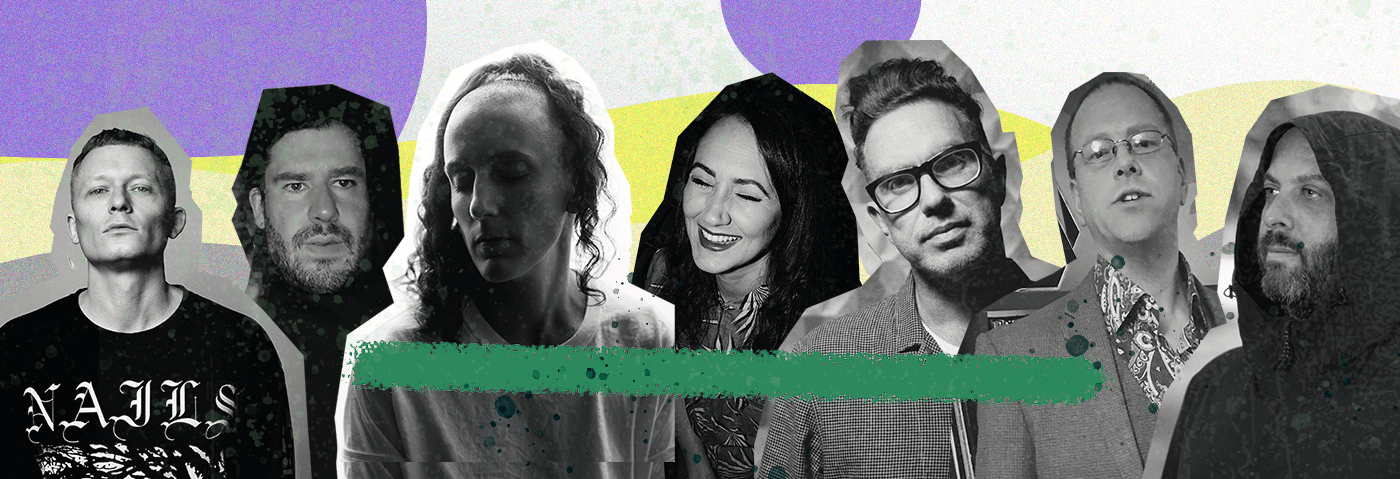Partying hard is inextricable from our scene. And sometimes, DJs indulge more than anyone else. Chandler Shortlidge explores what happened when seven formerly hard-partying artists decided to make a change, and why they think things were so extreme in the first place.
“The greatest problem we have in this industry,” says influential DJ and producer Luke Solomon, is that drug and alcohol use are “recreational and celebrated.”
Solomon got sober six years ago. He’d just witnessed close friend Kenny Hawkes die from liver failure as a result of alcohol abuse. “Watching him die was something I don’t think I will ever recover from,” Solomon says. ”I spent a year grieving and diving further and further into a hole. The climax was having a panic attack in an airplane toilet on the way back from Mexico after being awake for three days. I got off the plane and made the decision there and then.”
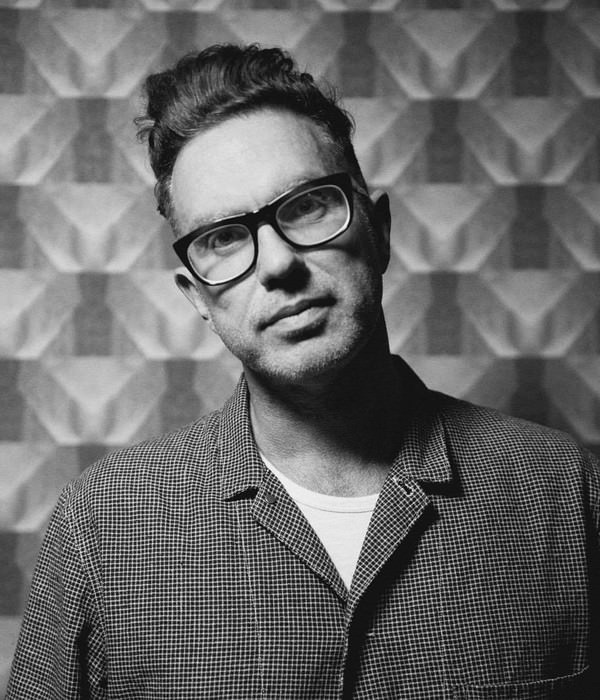
Not everyone’s road to sobriety is as traumatic as Solomon’s. And sobriety means different things to different people — some still imbibe occasionally, while others are completely clean. But the seven artists I interviewed for this article are part of a growing trend, as more musicians and young people view using drugs and alcohol — and the inevitable anxiety-ridden hangovers they produce — with increasing unease.
But in an industry that often normalizes partying, deciding to go sober, or even mostly sober, can be especially daunting. DJs are regularly surrounded by temptation, which the pressures of the job often feed into. Others simply like to party hard, and find a scene that welcomes them with open arms. By exploring why some artists imbibed so heavily, and how they’ve since moved on, I’m hoping to provide a roadmap for anyone else who’s looking to make a change.
For veteran UK rave DJ and producer Billy Daniel Bunter, who describes his excessive drinking as “larger than life,” heavy alcohol use began as a way to maintain the natural high he felt after putting himself at the centre of everything for so long. On top of DJing every weekend for the past 30 years, he’s written books, sold over a million albums, incurred threats of violence, thrown parties that made money, and lost everything when his parties failed. “However, when you put yourself in the center of the buzz, and you’re an adrenaline junkie, the natural buzz of everything ended up not being enough, and the cheeky drinks after a set ended up being before, during and after,” he says.
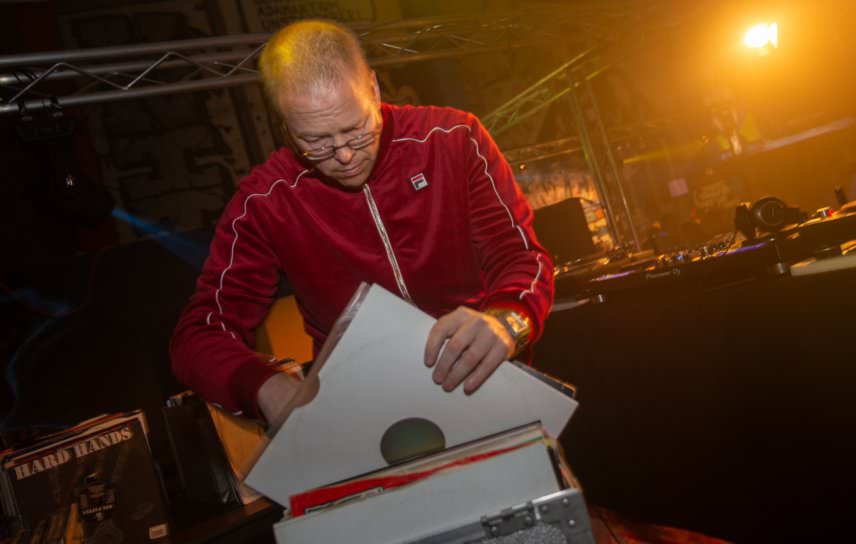
Soon he was drinking every day. His energy and creativity went up, but he lived in an alcohol-induced fog. “And when things went bad, boy did they go bad,” he says. Bunter has now been completely sober for 14 months.
However, when you put yourself in the center of the buzz, and you’re an adrenaline junkie, the natural buzz of everything ended up not being enough, and the cheeky drinks after a set ended up being before, during and after,
Like Bunter, the UK’s Red Rack’em thinks his former hard-partying lifestyle was charged by a need to chase constant excitement. “I was addicted to an insane lifestyle,” he says. “I was constantly seeking pleasure from partying, sex, ‘success,’ weight loss, and perceived popularity.” But it was unsustainable, and he feels lucky to have survived. “I had several near death experiences,” he says.
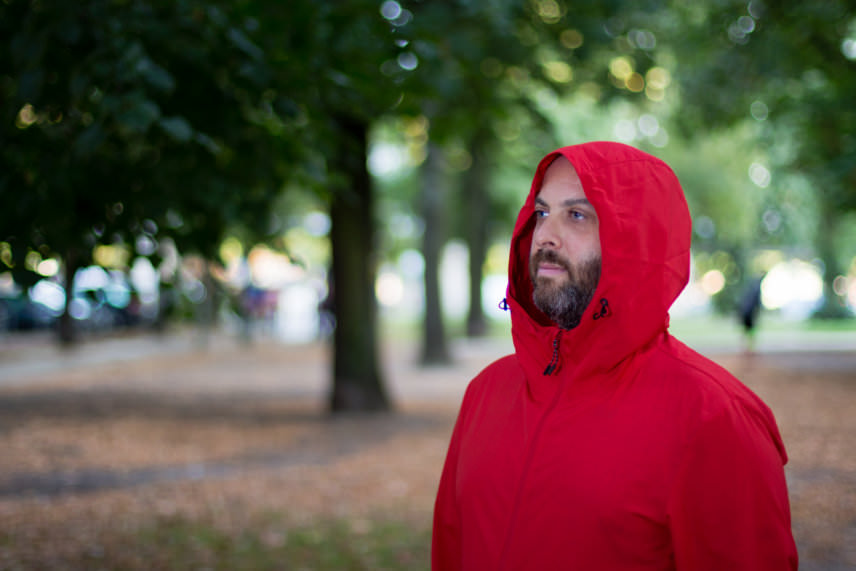
For US-based DJ and producer Lauren Flax, who says in her teens and twenties she could be considered a functioning alcoholic, drinking was intertwined with social anxiety. “Like drinking to make people around me more bearable,” she says. “Being in a packed crowd can be overwhelming, so drinking helped make it easier,” she continues. She also felt like it was easier to be on stage after a few drinks, which is fairly common amongst the artists I spoke to.
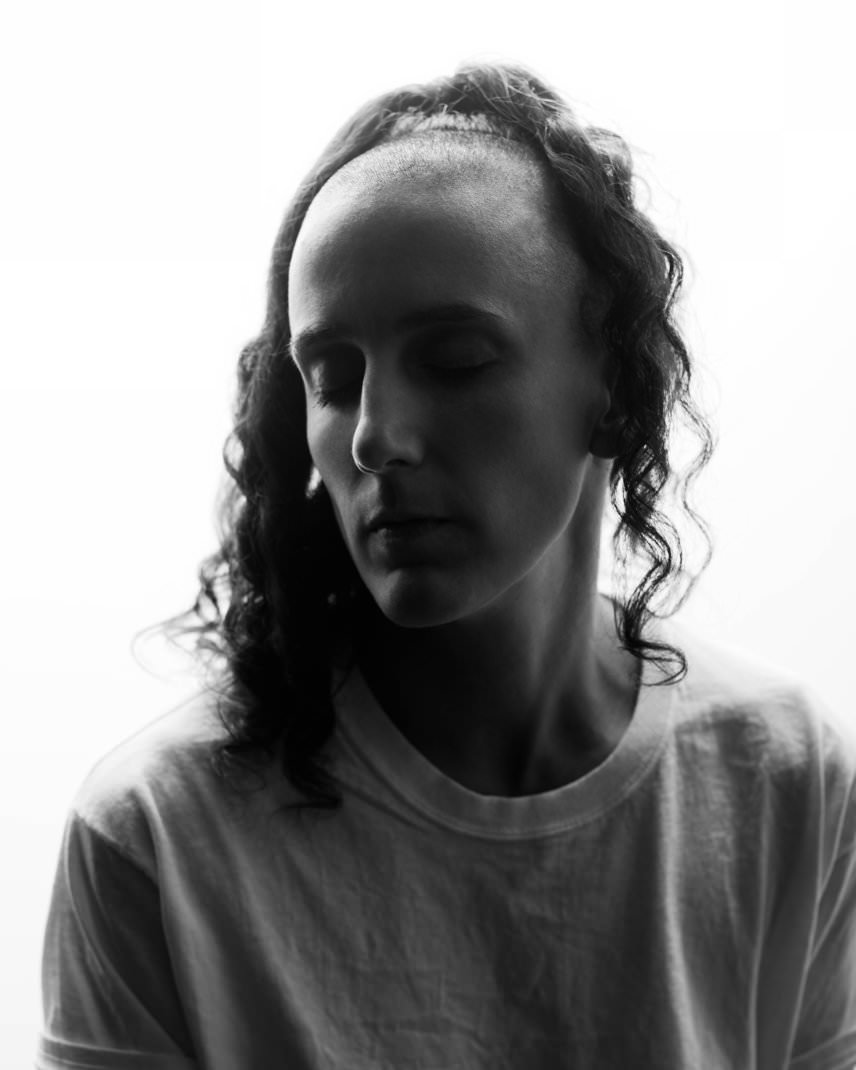
“In the beginning, I drank a lot because I was so uncomfortable on stage,” says Nathan Jonson, who used to DJ by the moniker Hrdvsion. “Even when I was playing in small venues with 10-20 people, I would have a few drinks to ease the anxiety.” He also feels similarly to Flax when it comes to dealing with crowded clubs. And before he got sober back in September 2018, Jonson says he needed to drink to cope.
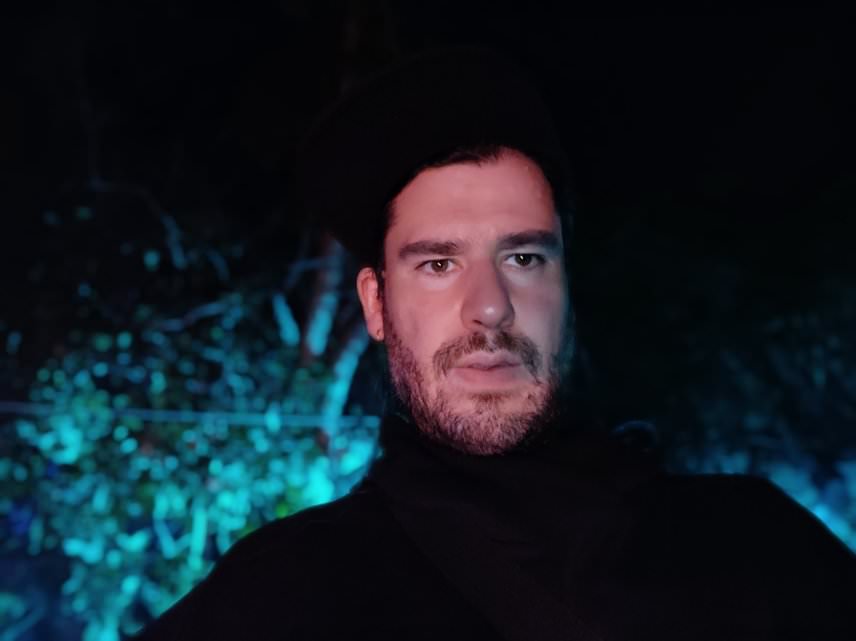
Ceri Owens — who DJs around the UK and beyond as Ceri — says her heavy partying earned her a reputation. “The guys at WetYourSelf — fabric’s Sunday night party — nicknamed me Ceri-On, because I always used to go there as a carry-on from Saturday night!” she says. “I could drink massive men under the table, and was always first on the dancefloor and last to leave the after party.”
Owens has now been sober for almost two years. And while she admits she had a problem with alcohol when she was younger, her reasons for quitting were connected to her health. Between 2015 and 2017, she was debilitatingly ill, and numerous doctors and specialists couldn’t figure out what was wrong. She stopped drinking and, cleaned up her diet, but nothing helped. Finally she went private, and was diagnosed with Adrenal Fatigue and Insufficiency caused by numerous stressors on her body, including dysbiosis and intestinal permeability — “my food was being leaked into my blood, poisoning it, which in turn put pressure on my liver and kidneys,” she says. While she doesn’t link the disease directly to her partying, instead putting more of the blame on living in a mouldy house and a parasite she picked up after a gig in Mexico, Owens thinks her immune system was already struggling because of her lifestyle, and the combination of factors overwhelmed her body. “Perhaps if I hadn’t partied so hard in my younger years, these additional stressors would not have affected me so hard,” she says. “But who knows.”
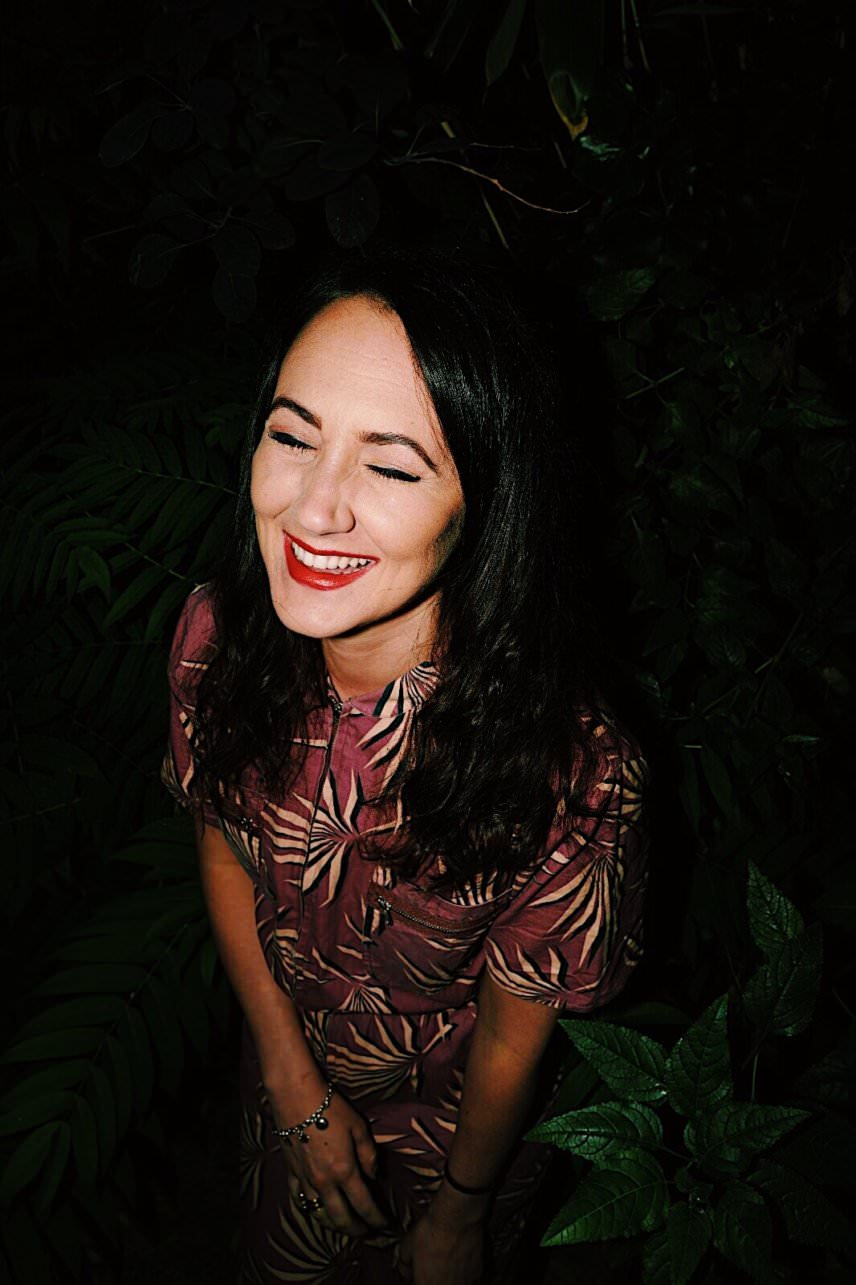
Despite nearly dying more than once in the early 2010s, Red Rack’em, real name Daniel Berman, says it took him several years to realize he needed a change. “I met my wife at the end of 2014, and by then, I had already started trying to make some changes. From 2015 onwards I tried to get my shit together. I didn’t always manage though!”
Now Berman finds it easier to cope, and says his “default setting” is sobriety. Though he does drink very occasionally — calling it “the odd moment of folly” — he has a set of rules he follows while on the road. “I never drink before I play as it tires me out,” he says. He also avoids after parties. “Because if you play really well and blow people’s minds, all that great work is undone if you’re back at the halls with some students caning it at 9AM. It’s never worth it — trust me.”
Rockwell, a UK-based drum and bass DJ and producer, stopped drinking around 18 months ago. He didn’t party like a rock star, but was “no angel” either, he says. The decision to abstain was largely motivated by living with his girlfriend, who’s been sober for three years. “Other than that,” he says, “all the usual suspects — bouts of anxiety, periods of drinking to excess, performances where I didn’t give maybe as good an account of myself as I know I was capable of. Alcohol also started to really exacerbate the negative side of my personality, which wasn’t much fun for me, or the people close to me.”
For the first year of sobriety, Rockwell found it difficult to get back on stage. In the past, he’d usually have one or two beers before his shows to get comfortable. “But standing up in front of people dead sober took a bit of getting used to,” he says.
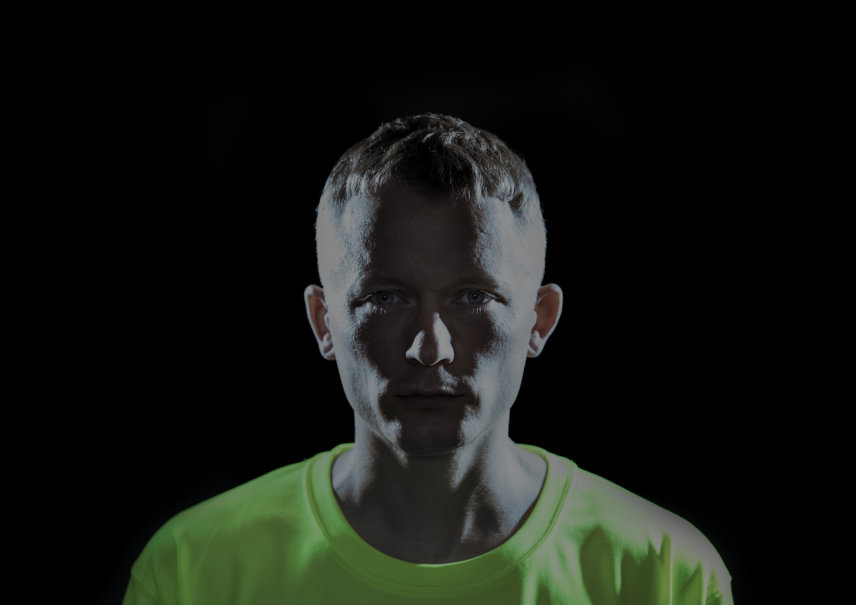
Luke Solomon says that for him, going on stage sober was like starting over again. “I was a rabbit in the headlights. My courage to be on stage had come from alcohol. I had zero confidence.”
Conversely, sobering up made it easier for Berman to read the crowd, and he now feels like he has an advantage when he’s on stage. But the transition has been difficult for him in other ways. “The thing is, when you stop partaking, the real battle starts, as you have to start dealing with all the reasons why you were doing stuff in the first place,” Berman says. “I have definitely felt more sensitive since I sobered up. But that’s just part of getting to know yourself again.”
Dealing with newfound mental clarity wasn’t easy for Jonson either. When he was drinking every weekend, a slight fog remained over everything he did, and a lot of his decisions felt emotionally driven. “When I stopped, I felt like an emotionless robot,” he says. “It was frightening, and it took a few runs at sobriety before I was comfortable in my own skin.” Those dark thoughts haven’t gone away. But Jonson now has a better understanding of why he behaves and reacts the way he does, and a renewed confidence and control over his creative abilities. “Ultimately, I know more about what I want in life, and that translates to music. The brush paints what I want it to paint.”
Flax is now “lazer like” in the studio, she says. And Solomon is “incredibly focused” with “so much to write about” since he’s become sober. Berman credits sobriety and his generally healthy lifestyle to an easy flow of music. And Bunter says sobriety has helped his creativity “massively — more than I could ever imagined when I started my journey of being alcohol free.” But there was a learning curve. “Adjusting to letting my creativity flow naturally has been harder than giving up the booze itself,” Bunter says.
Challenges aside, the positives of sobriety are hard to understate. Bunter says he’s lost seven stone (roughly 100 lbs), and he’s far more focused than he has been in the past 10 years. Solomon regularly practices yoga, and has learned to cope with his bouts of depression in a much healthier manner. Rockwell says he’s “way happier” now, with more control over his stress levels, less time lost to hangovers, and more money in his bank account, “as you’re not wasting it on £6 London pints.” And despite not always being able to stay out as long, Ceri says that because she remembers everything, going clubbing is generally more rewarding without drugs and alcohol. “I’ve had some amazing gigs and nights out sober — I’ve even done 18 hours in Panorama Bar, including a few hours topless, and had a great time, feeling even more free than the times I’ve been there off my face.”
Maintaining sobriety in the long term works differently for different people. For Flax, who still occasionally smokes weed and uses psychedelics, staying away from alcohol means protecting herself from potentially harmful situations. “Most people in the arts are empaths, and we just love to soak up other people’s energies, both good and bad,” she says. “This was a big one for me to understand. I suffered from crippling anxiety most of my life, and being sober and learning about protections has shown me that so often, it wasn’t even my own anxiety [I was suffering from].” She now meditates, and says being able to tune into other people’s energies allows her to cope with previously anxiety-inducing situations in far healthier ways. She also recommends non-alcoholic beer. “The placebo effect is great as well, so try to find a drink compromise that doesn’t have alcohol,” she says.
Ceri, who like Flax also occasionally uses psychedelics and plant medicines, mainly for healing purposes rather than recreational use, has another method. “I would go to the toilet or the middle of the dancefloor and shut my eyes and do a meditation, or dance it out,” she says.
Though for some people, avoiding temptation might just mean going home. “Something that is revealing,” Jonson says, “is that if I’m tempted at any point, most of the time it means I’m just not having fun. If I consider those things, often it means I am looking for something to keep me interested, so I just leave.”
I've had some amazing gigs and nights out sober — I've even done 18 hours in Panorama Bar, including a few hours topless, and had a great time, feeling even more free than the times I've been there off my face.
But the that doesn’t mean sobriety isn’t fun, which is something almost everyone emphasised. “It’s what you make of it,” Ceri says. Go out with the intention that you’ll have a great time without the aid of chemicals, and you very likely will. Even if your definition of fun has changed, like Jonson’s. “Just because I’m not acting crazy, jumping around, or dancing, it doesn’t mean I’m not having fun,” Jonson says. “I can stand on the wall and enjoy the music in my own way and be happy.”
Flax and Ceri also stressed that sober people — especially sober ravers — aren’t here to make judgements. They’ve done it all, and fully appreciate why people continue to party. “Most people are just having a good time, and as long as they are being safe, I want them to have a good time the way they enjoy it!” Flax says.
And sometimes they even soberly indulge in the old days, like bonding with friends at after parties. “I still go to them occasionally,” Ceri says. “But when it starts being hard to communicate with people who are in a K-hole, I decide it’s time to go home.”
Missing out on after party culture doesn’t bother Solomon, even if he thinks his career might suffer. “I used to be that guy — the last man standing — and we all know that especially amongst younger generations, that’s very much part of what drives this industry,” he says. “I just don’t get invited to those parties anymore, which is fine.”
Besides, “Mental health comes first,” Flax says. “If you’re risking your well-being for gigs, do you think that is actually sustainable? It’s not, and it will eventually catch up with you. Focus on mastering your craft. I mean, Enya hasn’t left her mansion in decades [laughs].”
But that doesn’t mean there’s any regret, either for the choices many of these artists made while partying, or for the decision they made to leave it all behind. “Not for one minute do I regret any of the different paths I have taken throughout my career,” Solomon says. “Every single one of those choices have led me here. I’ve made some incredible friends along the way, and overall, I’m proud of the fact that I still get to exist.”
Chandler Shortlidge is a dance music journalist based in Berlin. Follow him on Twitter.
